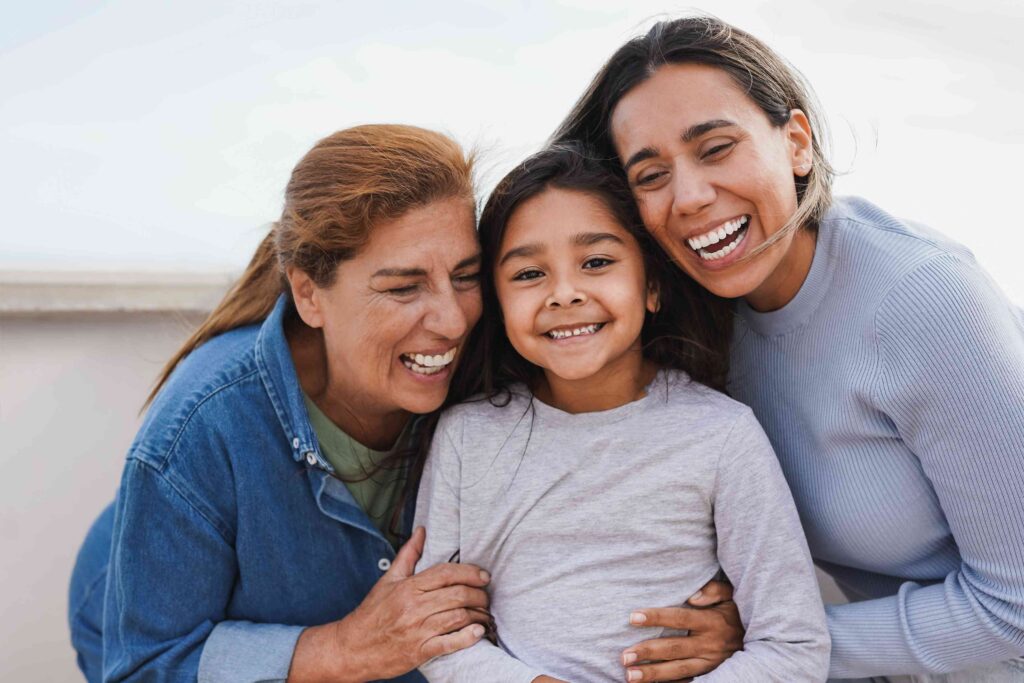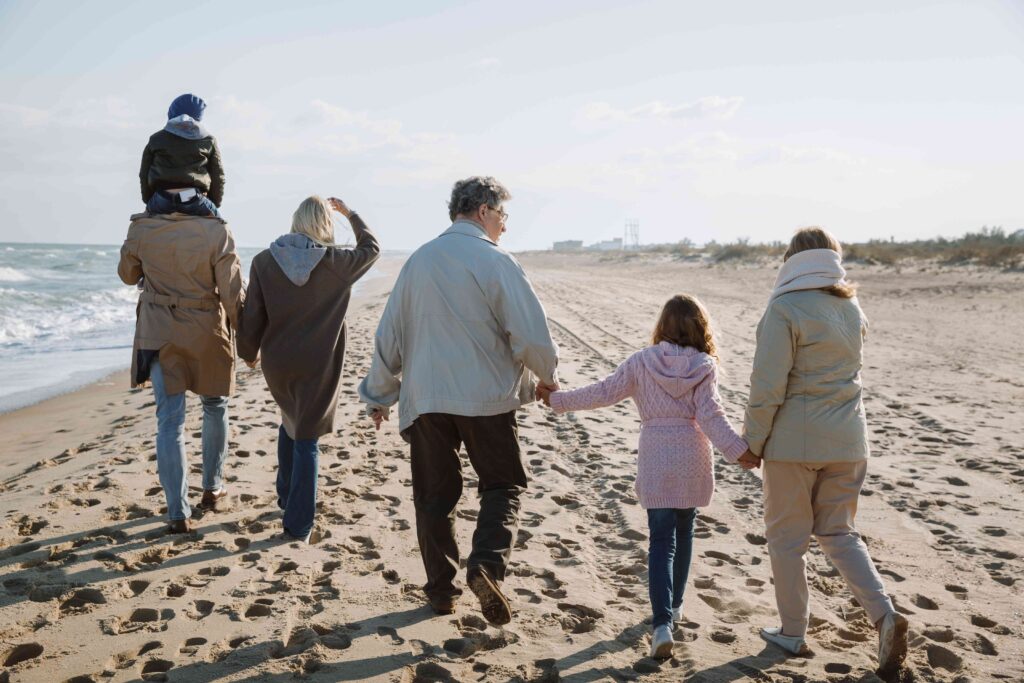Whole Body Donation in Florida
At United Tissue Network (UTN), whole-body donation is a powerful way to make a lasting impact on generations to come. Donating your body is one last contribution to your legacy, helping advance medical research and the education of healthcare professionals.

What is Whole Body Donation?
Whole-body donation involves offering your body after death for use in medical research and education. This generous act provides vital resources for the study of human anatomy, the development of medical devices, and the training of surgeons and first responders. In Florida, your donation helps ensure that medical professionals are equipped with the knowledge and skills necessary to improve healthcare treatments and interventions.
Benefits of Donating Your Body to Science in Florida
Advancing Medical Research in Florida
Your donation supports medical institutions and research facilities throughout Florida. Medical students and professionals both attest that no mannequin or AI comes close to the value of real human tissue when it comes to advancing medical treatments and research. Furthermore, choosing to do a whole-body donation in Florida ensures that local Florida institutions remain at the forefront of the medical advancement frontier.

Reducing Financial Burdens for Florida Families
In addition to its scientific benefits, whole-body donation through UTN eliminates the costs associated with cremation, which can be a significant financial relief for your family. This service can save your family thousands of dollars, providing peace of mind during a difficult time. UTN will also handle the transportation of remains and return ashes to the family.
Registering for Whole-Body Donation in Florida
At United Tissue Network, we welcome future pledges, as well as donations of those who are imminent or recently passed. Here is how the process works:

Register
Fill out the registration form for yourself or a loved one.

Medical and Social History Review
A caring UTN team member will be in touch to review the donor’s medical history to confirm eligibility.

Receive a Donor Security Certificate
Once accepted, Upon acceptance, you’ll receive a Donor Security Certificate, confirming your commitment to the donation.receive a confirmation of your donation status.
What Happens After Donating a Body to Science in Florida
Once the donation is approved, UTN works with local organ donation organizations to ensure that any organs suitable for donation are used first. Afterwards, the donor body is transported to a trusted UTN partner factility for use in medical research. After our partners have concluded their research, UTN coordinates cremation and return of remains to loved ones at no cost to loved ones.
Why Choose Florida Whole Body Donation with UTN?
Reputable and Ethical in Florida
UTN is recognized for its ethical practices and dedication to medical advancement. As an accredited organization by the American Association of Tissue Banks (AATB), we are committed to maintaining the highest standards in handling donor bodies. In Florida, UTN’s non-profit status underscores our mission to serve both donors and the medical community with integrity.

Personalized Support for Florida Residents
Our team of compassionate professionals is dedicated to providing personalized support to donors and their families. Available 24/7, our friendly staff is here to guide you through every step of the donation process, ensuring that your experience is both respectful and supportive.
Florida Whole Body Donation FAQs
